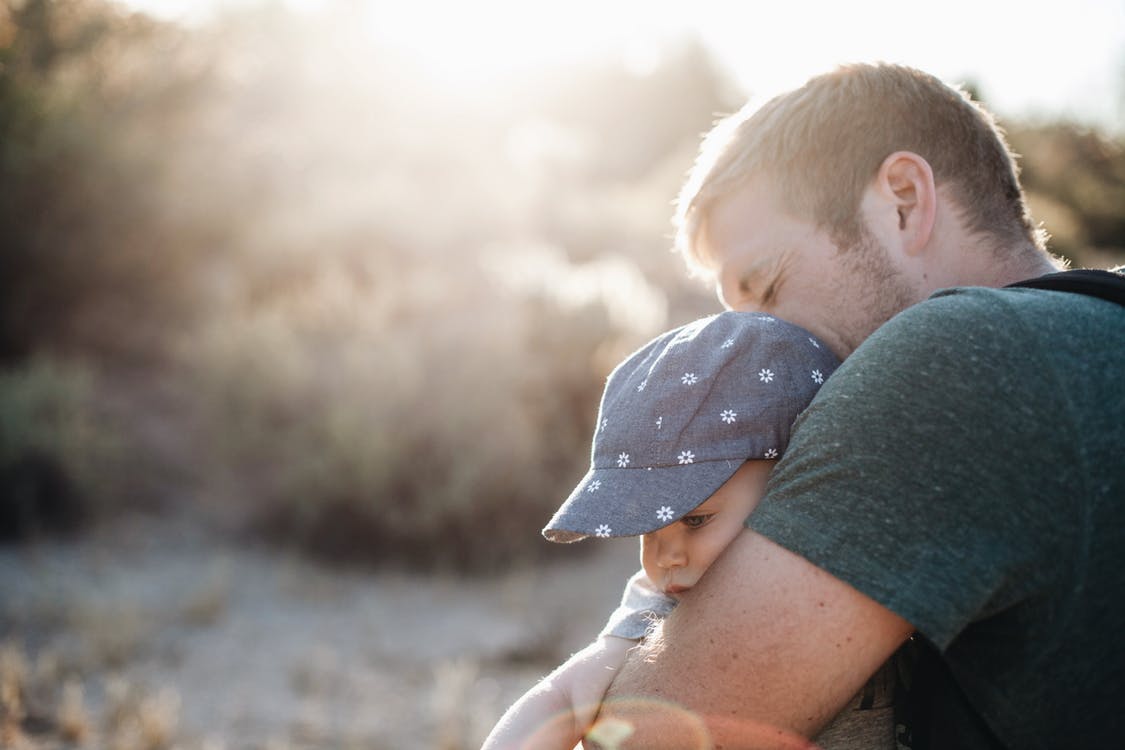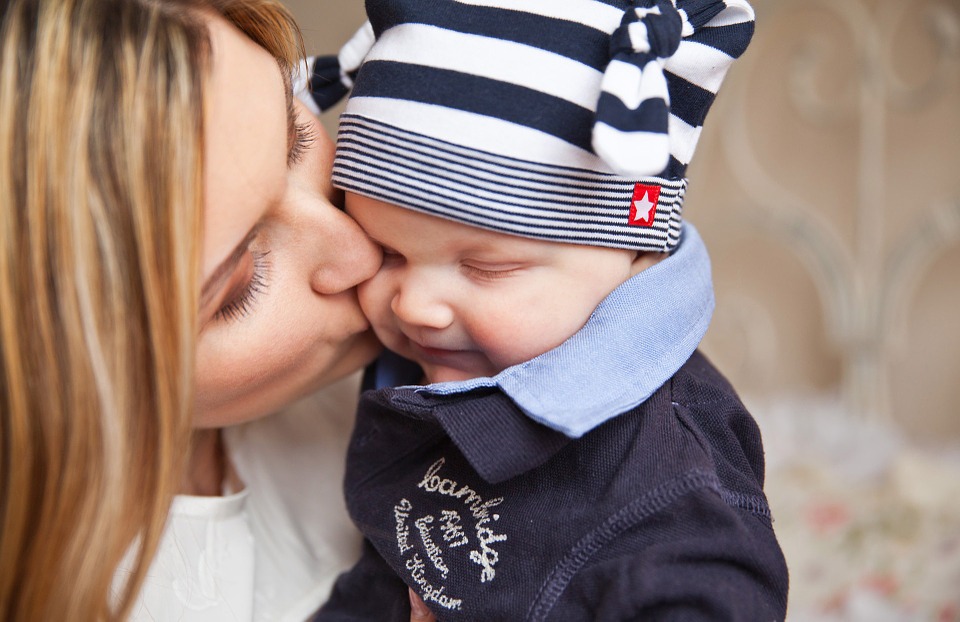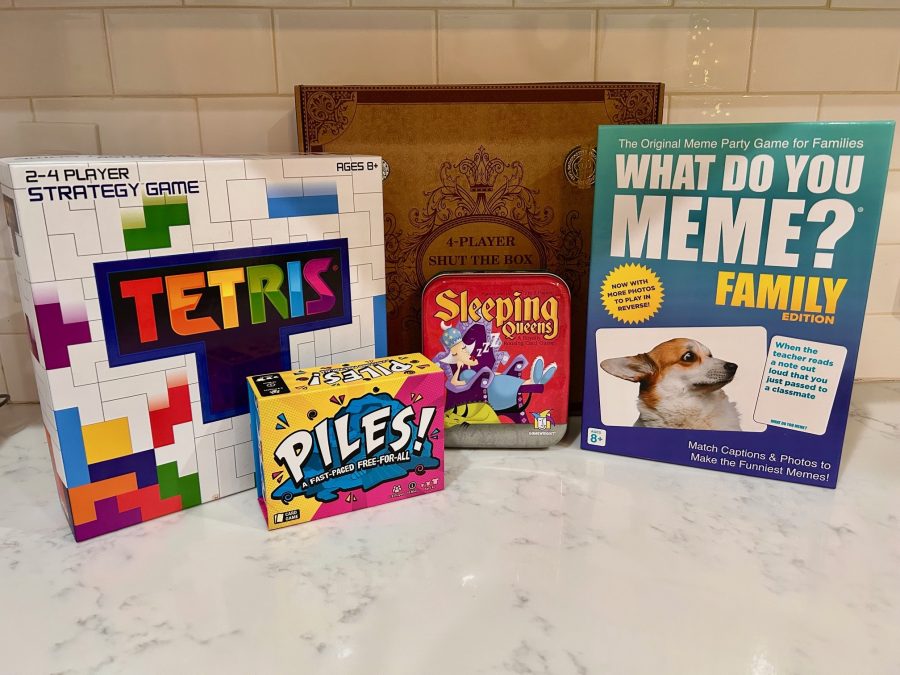The longer I am a parent; the longer I am a therapist; the longer I am a human person with feelings and emotions living on this earth, the more I have come to understand the importance of attachment. Attachment is the emotional bond between people in relationships. Beginning from the moment we are born, we are learning about relationships. The way a caregiver responds to a newborn begins laying the foundation for what that child will think, feel and believe about relationships. The way we respond to our children as infants, toddlers, children, teens and even adult children serve to mold their view of what it means to be in relationship.
The kind of attachment relationship experienced in childhood will impact the self-esteem, mental and physical health, romantic relationships, and parenting style of an adult. Simply put, if a child learns that love is freely given and unconditional, and that their needs will be met in their relationship with their parents, then they are able to approach the world (and relationships) confidently. They can be free of the insecurity of worrying about whether their needs will be met, and instead, focus on growing as individuals.
Unfortunately not every child experiences the kind of love that produces a secure attachment. When a child experiences abandonment (either physical or emotional) or by a betrayal of trust during a critical time of need, an attachment injury occurs. This can be due to a single incident, but is more often a recurring theme.
The kids who I consistently see struggle in this area are (not surprisingly), those who have been bounced from home to home or who are in foster care. These kids have experienced neglect, rejection, and the disappointment of not having their emotional needs met or even acknowledged. The result is attachment injury, resulting in serious difficulty with trusting, bonding and ever feeling secure.
Even in families where parents genuinely want to do a good job of parenting, attachment injury occurs. One of the most common (and heartbreaking) parenting misconceptions I see in the therapy office is the idea that kids can become spoiled by too much love. While no parent actually says it this way, there are several common ways that this myth presents itself.
Here are three very common mistakes that parents make that can cause attachment injury:
1. Relationship Consequences instead of Natural Consequences. When kids are intentionally disobedient or disrespectful, there should be consequences. Teaching our kids right from wrong is one of the most important parts of our job as parents. But how we do that matters. Consequences should be naturally tied to the offense (e.g.,“You break it, you pay for it”). Where we sometimes go off track is by instilling relationship consequences instead. Screaming, name calling, degrading the child, stonewalling the child or giving the silent treatment, isolating the child, and withholding affection are all inappropriate consequences that seriously harm the relationship and do nothing to actually mold good behavior.
Not very long ago I saw a teen who was depressed and had begun acting out. Her mother brought her to me for therapy and I quickly identified an insecure attachment between the daughter and the mother. My first homework assignment to that mom was to carve out one hour during the week for the two of them to have one-on-one time. The mom’s response? “I kind of feel like if I were to do that, I would be rewarding bad behavior.”
We should never, ever, ever respond to our child’s problems by withdrawing from them. Love and affection are not prizes or rewards to be earned. As parents, our love, our affection, our listening ear, and our quality time should be unconditional.
2. Withholding Affection. All children need affection and emotional connection to thrive. It begins from the moment they are born. Human touch, affection and interaction is crucial to proper development. But sometimes parents fear that by responding quickly and consistently to their child’s need for affection that they will create a more dependent child. Remember when you had your first baby and some well-meaning great aunt told you not to pick up the baby because she just wanted to be held and if you responded, you would “spoil” her?
This kind of advice is prevalent in our culture. AND IT IS TERRIBLE. It simply could not be further from the truth. When we respond to our infant (and then child)’s requests for affection, we are telling them that they matter, that their needs matter and that they can count on us to meet those needs. This creates a more confident and secure child and later adult.
In addition, because all kids are different, some need more affection than others. They want to be held more, kissed more, and reassured more. They want to sit close, stand close, and keep you in sight whenever possible. Many parents brush this need off as unimportant, or worse, manipulative. But this behavior is natural. Children are not capable of meeting their own needs and they depend on their parents to meet those needs. Whatever the child’s level of need for affection, it is important that we do our best to meet it.
3. Not Following Through. As difficult as parenting can be when kids are small, the teen years bring a whole new level of insanity, emotional upheaval, and uncertainty. Teen moods are unpredictable, hormones are raging and all the while they are expecting more and more freedom and independence. While their bodies look more like adults, their brains are still developing in ways that make them take risks, think irrationally, and have difficulty regulating their emotions. All of this makes parenting HARD!
Sometimes the temptation here is to either throw in the towel or just go on auto-pilot. Tired of the arguing and negotiating, I have seen many parents just give up on trying to connect and engage in a meaningful way. But regardless of how your teen might seem, they need you to engage now more than ever. Yes, the emotions are irrational and that might make you want to take a step back, but now is the time to lean in! Never stop trying to regularly connect emotionally to your child. Listen, be empathetic, show compassion and grace, say “I love you,” and let them know your love is still unconditional, regardless of what foolish thing they may say or do.
The Greatest Gift
Attachment is foundational to raising healthy children who become healthy adults. Our kids should never have to wonder about their position with us. They should never have to pursue us. While it may look different at different stages that desire for connection is instinctive in all humans and is present from birth to adulthood. One of the greatest gifts we can give as parents is to instill in them the confidence that the strength of that need is matched by our unrelenting commitment to meeting it.



















This is truly a wonderful article. Thank you for sharing your expertise!